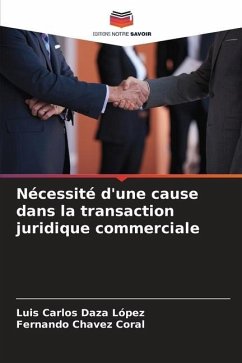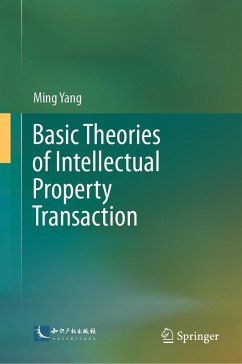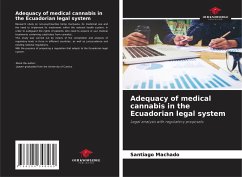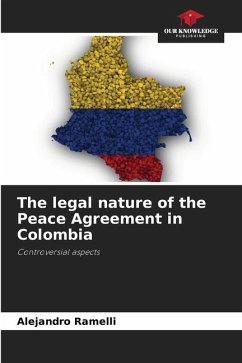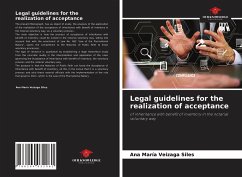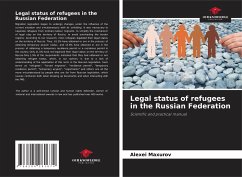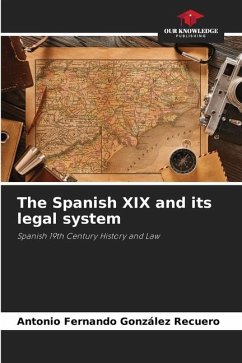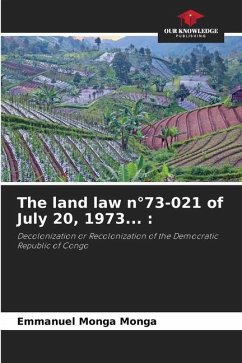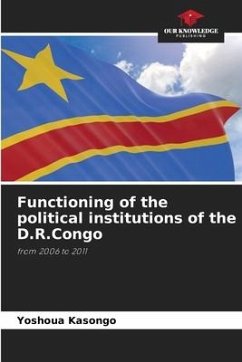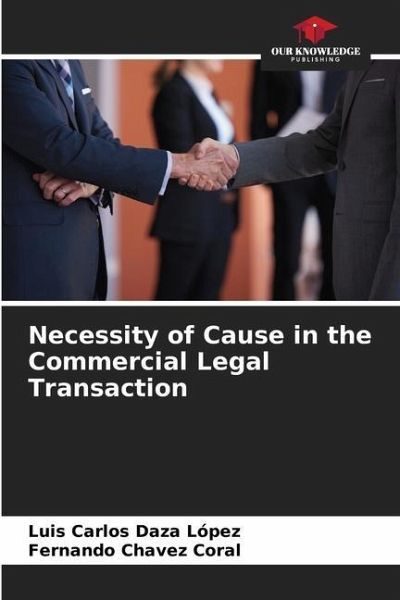
Necessity of Cause in the Commercial Legal Transaction
Versandkostenfrei!
Versandfertig in 6-10 Tagen
27,99 €
inkl. MwSt.

PAYBACK Punkte
14 °P sammeln!
Distinguishing the cause as the reason or social economic function involved in the construction of the concept of legal business in general, which is intimately linked to its content as an essential or structural element for its validity, but is not identified with it, we will first locate in a first scenario the problem that arose on the occasion of the transfer of internal legislation through which the causalist theory, instituted in an iron way in Colombian civil law, and which does not discriminate the cause of the obligation with that of the contract, was extrapolated to our commercial le...
Distinguishing the cause as the reason or social economic function involved in the construction of the concept of legal business in general, which is intimately linked to its content as an essential or structural element for its validity, but is not identified with it, we will first locate in a first scenario the problem that arose on the occasion of the transfer of internal legislation through which the causalist theory, instituted in an iron way in Colombian civil law, and which does not discriminate the cause of the obligation with that of the contract, was extrapolated to our commercial legislation and with it such confusion was maintained. Next, it will be determined how the concept of unlawful cause is unnecessary and useless to undermine the validity of the legal transaction, even more so if it is taken into account that this problem can be sufficiently and forcefully tackled by applying the theory of contractual coherence, as a development of the constitutional principle of good faith, which not only preserves the business relationship but would make the institution that opens the way to the decree of an absolute substantial nullity for unlawful cause disappear from the legal system.



